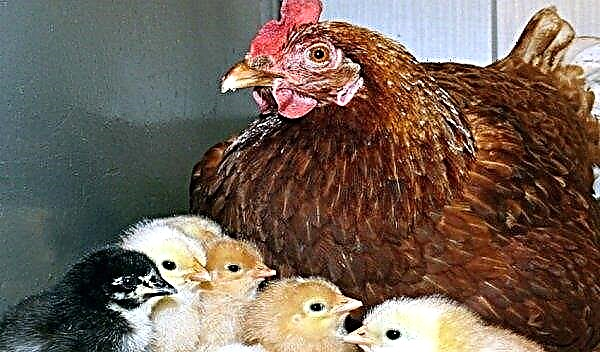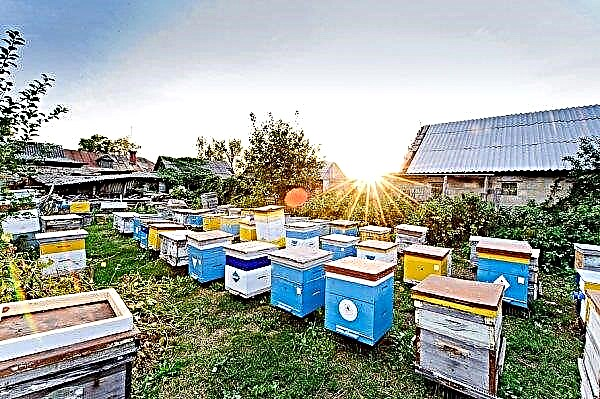According to a statement from the country's Ministry of Agriculture, in Brazil, the state of Mato Grosso recorded a case of Bovine Spongiform Encephalopathy (BSE), a disease also known as mad cow disease.
According to the ministry, the disease was discovered in a 17-year-old cow. Necessary material was collected for research, and all other parts of the animal were burned.
“Not a single part of the animal has entered the food chain, there are no risks for the population,” the Brazilian Ministry of Agriculture said in a statement. It should be noted that spongiform encephalopathy in cattle from an animal can be transmitted to humans.

This case is considered “atypical,” because the animal was infected with BSE spontaneously, and not through food. Classical cases of mad cow disease occur when cattle are fed brain or spinal tissue from other ruminants, which is currently prohibited in almost all beef producing countries, including Brazil.
The World Animal Health Organization maintained Brazil's status as a country with little risk of developing BSE.
The Brazilian Ministry of Agriculture said it informed all importers about this case.












